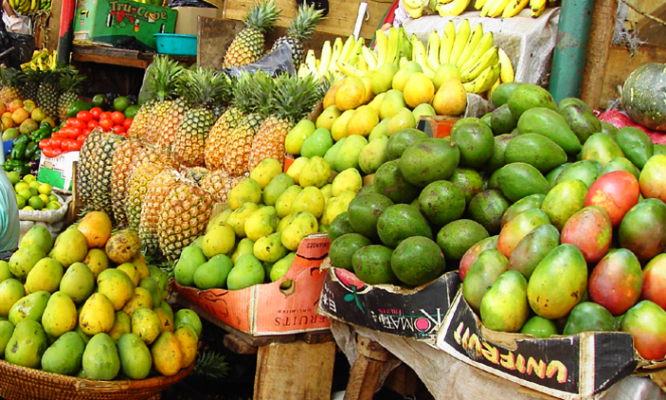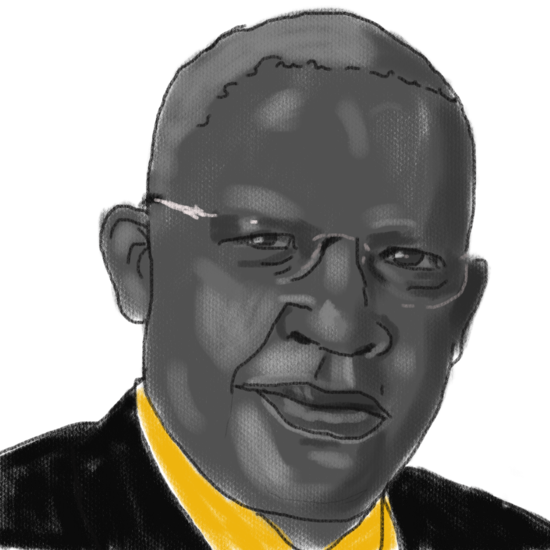Acholi Cultural Institution is struggling to enforce the ban on the massive sale of land, the paramount Chief, Rwot David Onen Acana II has said. In November 2021, Acholi Cultural Institution banned its subjects from selling more than 50 acres of land.
The institution also demanded that it should be notified before the sale of land over 10 acres to establish if the reasons advanced for the sale is genuine.
Speaking at his palace in Gulu on Saturday, Rwot David Onen Acana II, said the institution is finding it hard to enforce the directive because landowners do not go to them due to open disobedience, and greed.
Rwot Acana said the Acoli seem not to fully understand the meaning of the word investor, which is making many sell huge chunks of land in the name of bringing investors.
Over the past few years districts in the Acholi sub-region, especially Lamwo, Amuru, Nwoya, and Gulu have seen an increase in the number of commercial farmers acquiring land hundreds of acres of land sparking disputes over ownership.
Rwot Acana said even those who served as caretakers of communal farmlands and hunting grounds, among others, have turned around to claim them as their own.
He appealed to leaders in different local governments, to review the traditional laws that governed land use and ownership and turn them into implementable laws that embody deterrent punishment. Acana believes that this will help control the sale of land because currently all the institution is able to do is only talk.
The Pader LC V chairperson, Rtd Col. Fearless Obwoya, said regulating the sale of large land is complicated because land owners go to leaders for signatures after completing the negotiations and receiving cash. He revealed that three days ago, a family in Pader approached him to append his signature on a paper detailing the sale of 300 acres of land to a pastoralist.
He, however, said when he insisted to inspect that land and confirm if the land had been fenced and had a water source to facilitate the keeping of cattle as the President directed, he found that the land is over 700 acres.
“When I told the land sellers that the land was more than 300 acres, they almost beat me up, saying I was hindering their deal,” Obwoya said. Obwoya appealed to the cultural institution to go back to the locals and sensitize them about the pronouncement that the cultural chiefs must be notified in case of the sale of land involving 10 acres and beyond.
“At the moment the leaders are called when all papers have been signed. And you go as a leader to make the sellers see reason, but they take you for a saboteur,” he said. The cultural leaders believe that the unregulated sale of land is responsible for the fast-disappearing forest cover and destruction of culturally revered tree species.
-URN





